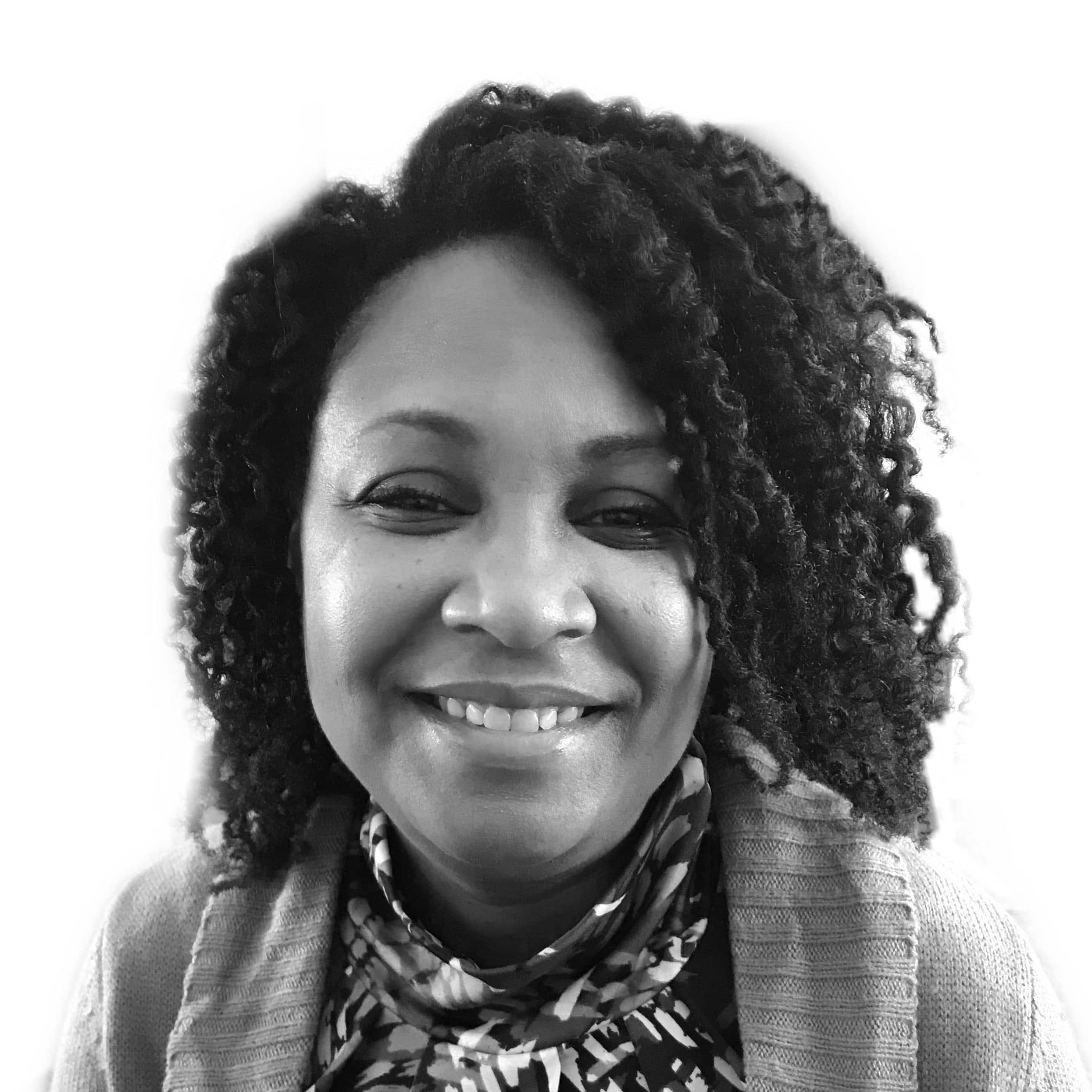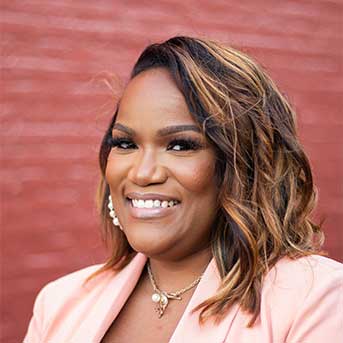
Over 40 million adults in the United States have an anxiety disorder. Research shows that having an anxiety disorder can put you at increased risk for developing issues with drugs or alcohol.
Having both an anxiety disorder and substance use disorder is known as having co-occurring disorders, dual diagnosis, or comorbid disorders.
There are various types of anxiety disorders. The risk of developing a drug or alcohol abuse problem can vary depending on the type of disorder, the drug, and other personal factors.
Understanding Anxiety And Addiction
Anxiety disorders can develop at any point in a person’s life. However, the average age of onset is anywhere from 15 to 34, depending on the type of disorder.
People with mood and anxiety disorders are about twice as likely to develop a drug or alcohol problem, according to the National Institute on Drug Abuse.
Common drugs of abuse include:
- alcohol
- cocaine
- marijuana
- amphetamines
- hallucinogens
- sedatives
People can develop an anxiety disorder before developing substance abuse issues, or after. Drugs and alcohol may be used to self-medicate or to cope with sources of anxiety in a person’s life.
What Types Of Anxiety Disorders Co-Occur With Addiction?
There are several types of anxiety disorders that have been linked to drug abuse, alcohol abuse, and substance addiction.
Anxiety disorders that co-occur with substance abuse and addiction include:
- generalized anxiety disorder (GAD)
- social anxiety disorder
- panic disorder
- phobias
- separation anxiety disorder
Addiction And Generalized Anxiety Disorder
Generalized anxiety disorder is characterized by symptoms of chronic anxiety, feeling tense without any known cause, sleep problems, and difficulty functioning due to anxiety.
People with GAD may drink or use drugs as a form of self-medication to:
- reduce anxiety
- take the edge off
- manage other sources of life stress, such as stress in the workplace or in the home
Addiction And Social Anxiety Disorder
Alcohol is commonly used to ease the process of socializing with others, among people with social anxiety or developmental disorders like autism.
People with social anxiety may begin abusing drugs or alcohol in order to:
- reduce their anxiety in social settings
- boost self-confidence
- cope with feelings of shame, embarrassment, or low self-esteem
Addiction And Panic Disorder
Panic disorder is a disorder characterized by sudden feelings of terror without any known cause and panic attacks. This can cause physical symptoms similar to a heart attack.
People with panic disorder may drink or misuse other depressant drugs in order to reduce their panic or stop a panic attack. Over time, this can develop into a full-blown addiction.
Addiction And Phobias
Phobias are irrational, but powerful fears or aversions that can become debilitating. Certain phobias, such as claustrophobia and agoraphobia, have been linked to drug and alcohol abuse.
These phobias may include:
- claustrophobia and addiction: fear of tight, crowded, or enclosed spaces
- agoraphobia and addiction: fear of leaving the home, standing in line or being in a crowd, or of being in either enclosed or open spaces
People with certain phobias may turn to drugs or alcohol to self-medicate and to cope with the social isolation that can come from living with an untreated phobia.
Addiction And Separation Anxiety Disorder
Alcohol and drugs can be used by people with separation anxiety disorder to subdue intense feelings of fear or worry they feel about being parted from someone to whom they’re attached.
Contrary to popular belief, this disorder can be experienced by adults as well as children and adolescents.
Symptoms Of Anxiety Disorders
Anxiety doesn’t look the same in everyone. The way that an anxiety disorder can manifest in a person can look different from one person to the next. However, there are some common signs.
Common symptoms of anxiety disorders include:
- feeling tense or jumpy
- restlessness
- racing heart
- difficulty concentrating
- muscle tension
- sudden feelings of panic
- changes in sleep patterns
- panic attacks
An anxiety disorder is different from feeling nervous. This is a diagnosable disorder that refers to a pattern of symptoms that are chronic and potentially become worse over time.
Untreated anxiety disorders can affect a person’s relationships, their ability to work, their physical health, as well as self-esteem and general well-being.
What Causes Anxiety And Addiction?
Certain people can be at greater risk for developing anxiety and substance use disorders, based on a number of personal, hereditary, and environmental factors.
Shared risk factors for anxiety and substance addiction include:
- high stress
- family history of anxiety or addiction
- childhood neglect and trauma
- lack of access to mental health support services
- genetic predisposition
Having an anxiety disorder is a known risk factor for developing substance abuse issues, and vice versa.
Diagnosing Co-Occurring Anxiety Disorders
If you haven’t received a diagnosis for an anxiety disorder before, a doctor may wait some time after you’ve fully detoxed before providing an anxiety disorder diagnosis.
Getting diagnosed with an anxiety disorder while actively abusing substances is unlikely, due to the overlap in symptoms.
Diagnoses for anxiety disorders each have specific criteria a person must meet. Generally, this involves experiencing symptoms at a certain severity level for a specified amount of time.
Drug Or Alcohol-Induced Anxiety
Some symptoms of anxiety can be triggered by heavy drinking, drug abuse, and drug withdrawal. This can cause what’s known as a substance-induced disorder.
Certain drugs, for instance, may cause:
- restlessness
- insomnia
- irritability
- difficulty concentrating
- muscle tension
- fatigue
- racing heart
- paranoia
Symptoms of a substance-induced disorder may go away after a person has fully detoxed, gone through withdrawal, and received substance abuse treatment.
If you continue to experience symptoms of an anxiety disorder, or have a history of symptoms that precede your substance use, a doctor may use this information to diagnose accordingly.
Treatment For Anxiety And Addiction
Dual diagnosis is the most effective type of treatment for co-occurring disorders such as anxiety and substance abuse.
Dual diagnosis is an integrated treatment approach offered by some substance abuse and mental health treatment centers and providers.
Treatment for anxiety and substance abuse may involve:
- medically-supervised detox
- cognitive behavioral therapy (CBT)
- dual diagnosis group therapy
- stress management and relaxation techniques
- medication
Treatment plans for people with an anxiety disorder and substance use disorder can be most effective when they’re personalized to meet each person’s needs.
By calling our helpline, we can:
- help you determine an appropriate level of care
- verify your insurance
- find a dual diagnosis treatment program that’s right for you
Call our helpline today to find a dual diagnosis treatment program that’s right for you or a loved one struggling with anxiety and substance abuse.
Addiction Resource aims to provide only the most current, accurate information in regards to addiction and addiction treatment, which means we only reference the most credible sources available.
These include peer-reviewed journals, government entities and academic institutions, and leaders in addiction healthcare and advocacy. Learn more about how we safeguard our content by viewing our editorial policy.
- U.S. Department of Health & Human Services — What are the five major types of anxiety disorders?
https://www.hhs.gov/answers/mental-health-and-substance-abuse/what-are-the-five-major-types-of-anxiety-disorders/index.html - ProQuest — Anxiety and addiction: A clinical perspective on comorbidity
https://search.proquest.com/openview/2531a9c79aae100f94c38891ecc62cdd/1?pq-origsite=gscholar&cbl=1818298 - National Alliance on Mental Illness (NAMI) — Substance Use Disorders
https://www.nami.org/About-Mental-Illness/Common-with-Mental-Illness/Substance-Use-Disorders - National Institute on Alcohol Abuse and Alcoholism — Alcohol’s Effects on Health
https://www.niaaa.nih.gov/alcohols-effects-health - National Institutes of Health — The Challenge of Dual Diagnosis
https://www.ncbi.nlm.nih.gov/pmc/articles/PMC6876494/ - National Center for Biotechnology Information — Anxiety and Substance Use Disorders: A Review
https://www.ncbi.nlm.nih.gov/pmc/articles/PMC2904966/


